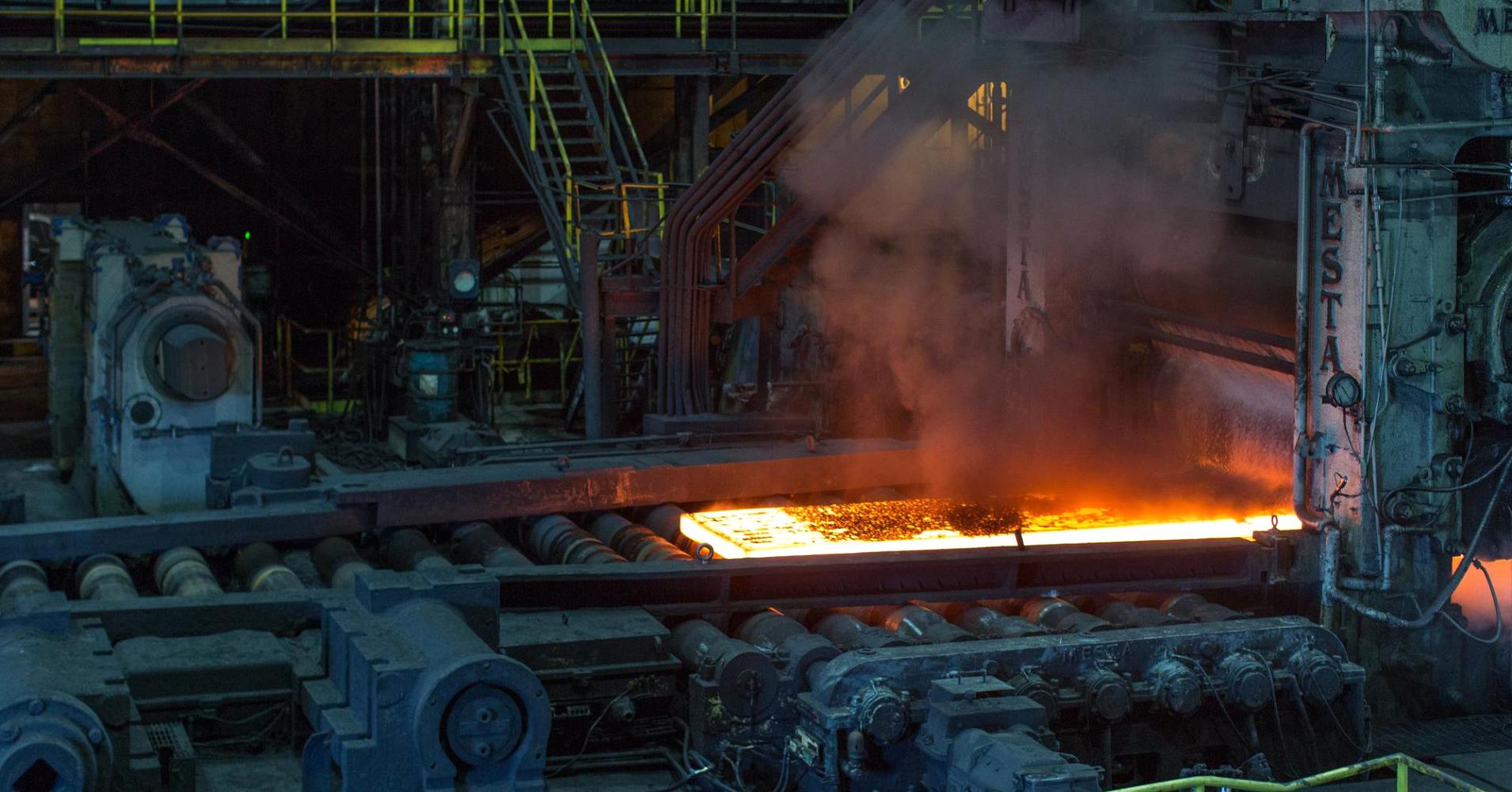
Donald Trump‘s decision to impose tariffs on steel and aluminum could cause major disruption for companies in Europe, a business lobbyist told CNBC Monday, who argued that the U.S. president should have taken less severe measures to protect his domestic market.
U.S.’s allies, including the European Union and Japan, are hoping to be excluded from new tariffs that Trump announced last week. The decision to raise steel import taxes by 25 percent and aluminum by 10 percent could hurt not only those industries directly, but also carmakers and construction firms which use the raw materials. Trump decided that the tariffs would be the best way to deal with overcapacity in these sectors and based his argument on national security.
“This is a very exceptional mechanism that is rarely used. It’s a bit considered like an atomic bomb, because really to use this is like saying ‘look we are really at a level where we cannot use anti-dumping or anti-subsidies’,” Luisa Santos, the international relations director at BusinessEurope, told CNBC Monday.
Anti-dumping measures are protectionist tariffs that a government imposes on imported goods that are more expensive in their domestic market. Anti-subsidies are duties imposed on imported products that receive some sort of financial aid from their own governments, interpreted as market disruptors.
“I don’t think there’s a big disruption in the U.S. market that justifies (these tariffs),” Santos added.
Imposing metal tariffs would have repercussions for export-focused companies in Europe. For example, the U.S. is the number one destination for EU car exports both in terms of units (approximately a 20 percent share) and value (almost a 30 percent share).
European and Japanese trade officials are meeting U.S. counterparts this week as they seek clarity as to what is the basis for being excluded from the new tariffs.
The U.S. decided to exempt Canada and Mexico from the new duties last week and stated that other countries could potentially also be excluded.
“The issue is that these measures are mainly affecting (U.S.) allies. They claim that the measures are directed to China, but it’s basically Canada, EU, Japan, South Korea, these are natural allies of the U.S.,” Santos said.
“If they exclude all these countries, there aren’t many countries left that will be subject to the measures,” she added.
Meanwhile, European steel and aluminum businesses are reportedly preparing for a collapse in local prices if the tariffs are indeed applied to their region. Charles de Lusignan, from the Steel Association for Europe, told CNBC Monday morning that ultimately the tariffs could mean a scaling back in Europe, with firms letting people go, cutting investment and also innovation.
“We need to act immediately because the damage will be done within the first weeks,” he said. “In fact it might already be happening, because obviously an exporter knows that the steel might be blocked in the future so they already start sending it ahead.”
“So we might well see import surges now, even if the measures aren’t already in place.”
— CNBC’s Sam Meredith contributed to this report.

